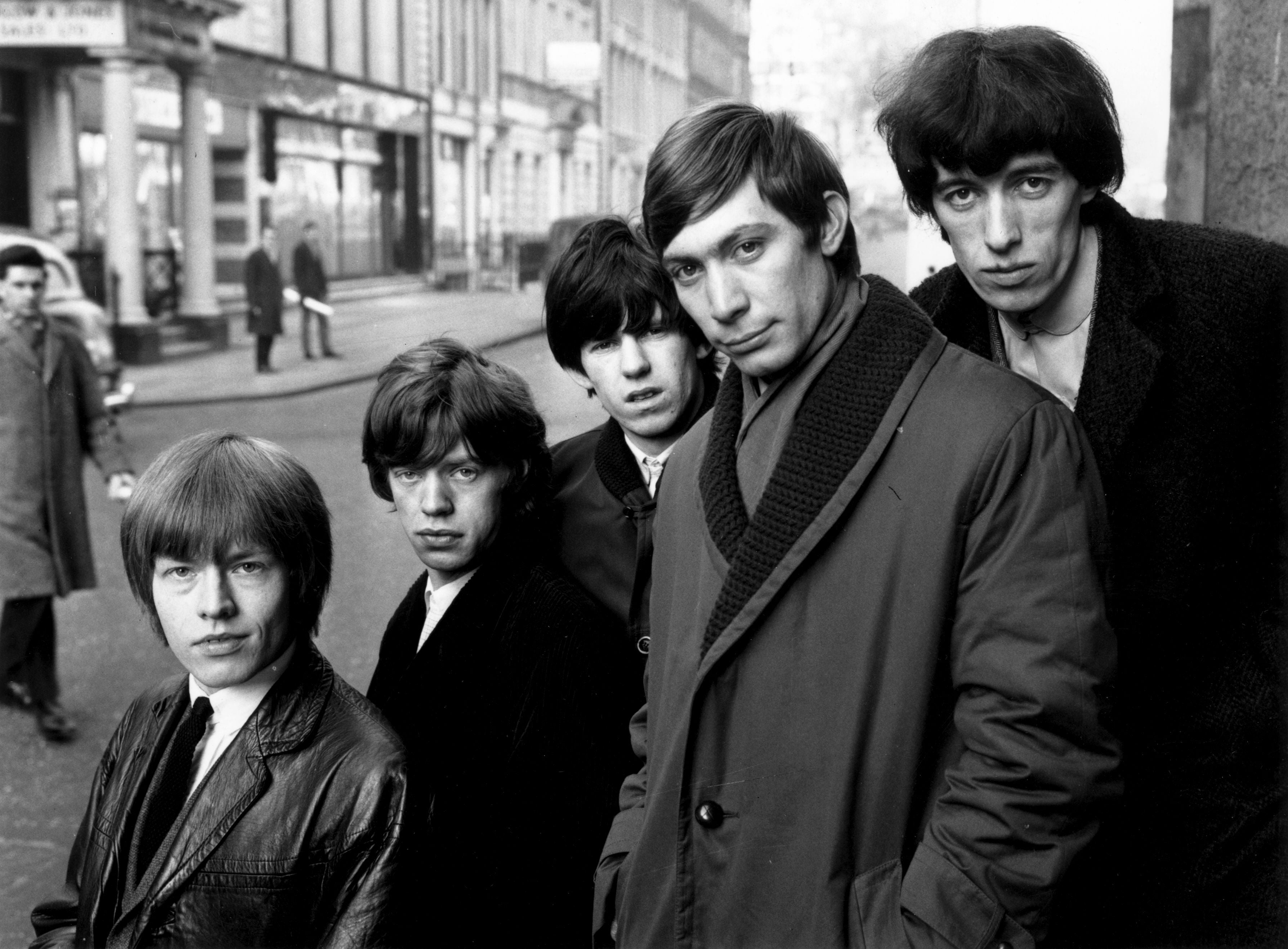Story of the Song: Route 66 by Bobby Troup
From ‘The Independent’ archive: Robert Webb on Bobby Troup’s 1946 hit ‘Route 66’

When The Rolling Stones first recorded “Route 66”, more properly called “(Get Your Kicks on) Route 66”, in 1964, it was already almost 20 years old. In the winter of 1946, Bobby Troup, a former marine and a budding songwriter and arranger, planned a trip out of Pennsylvania with his wife, Cynthia. Their destination was the West Coast, where, spurred on by his success in writing for the bandleader Tommy Dorsey, Troup hoped for a career in the Los Angeles music business. They looked at the map, and Troup put his finger on the road that had been known since the Twenties as Route 66: a 2,500-mile ribbon of tarmac meandering across the country from Chicago to the Pacific Ocean.
For years it was the route taken by migrant workers and pioneers travelling west in search of a better life. It was America's Main Street: “Sixty-six is the mother road, the road of flight,” John Steinbeck wrote in his 1939 novel The Grapes of Wrath. Troup bought a 1941 Buick with the royalties from his song “Daddy”. Heading out of town, he spun the chrome bumper into the sunset and put his foot down, giving himself two years to make it as a songwriter. He would make it before he even arrived.

Despite its legendary status, Route 66 runs through uninspiring countryside, and so, to ease the boredom, Troup and his wife began to sing the road signs. Cynthia, rhymed the road name with “get your kicks” and, as the towns came and went – Joplin, Oklahoma City, Amarillo, Flagstaff, not forgetting Winona, Kingman, Barstow – the song virtually wrote itself. In LA, Troup played his song to Nat King Cole, who made it a hit in March 1946. Troup also recorded a jazz version.
Join our commenting forum
Join thought-provoking conversations, follow other Independent readers and see their replies
Comments
Bookmark popover
Removed from bookmarks